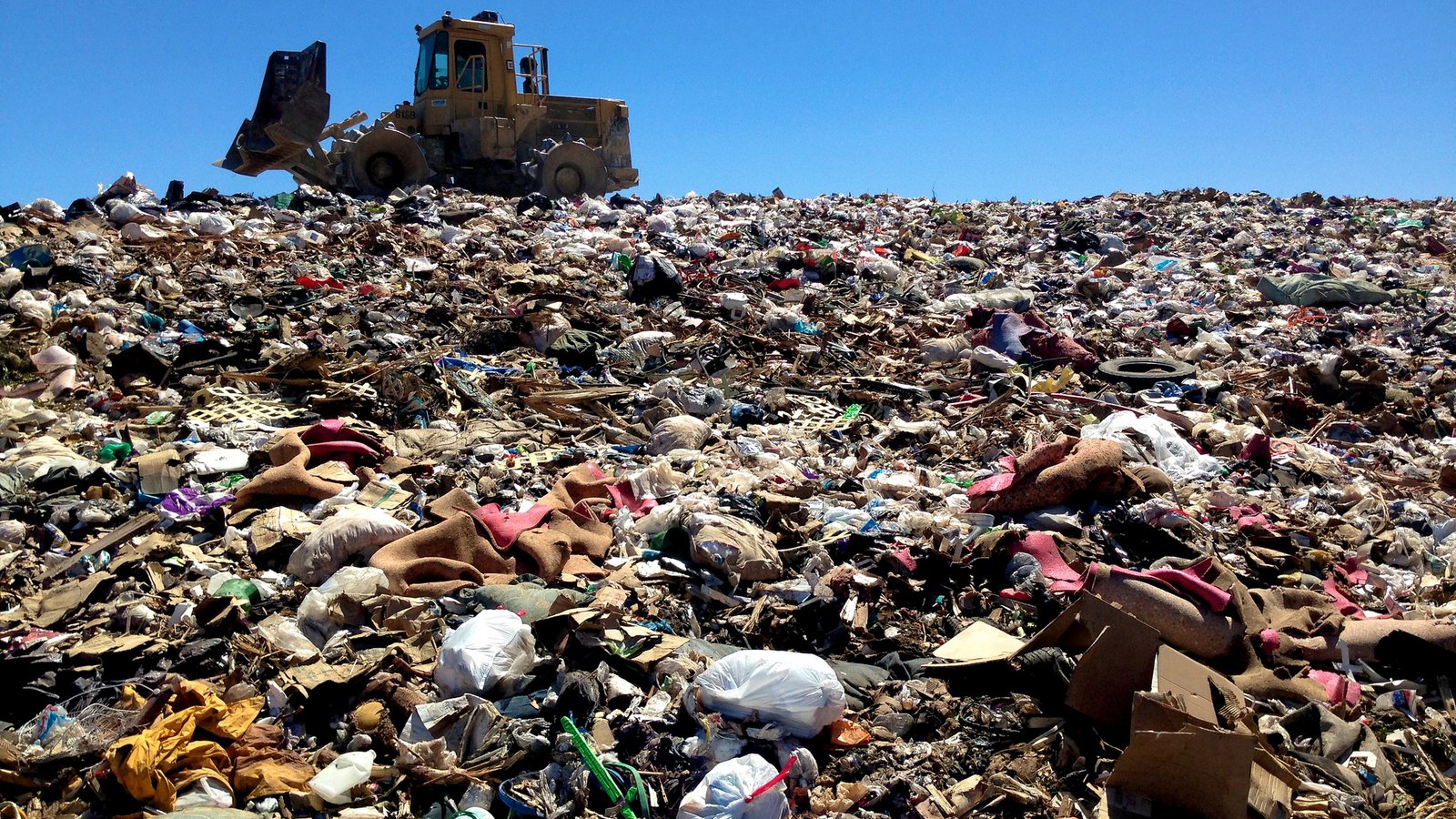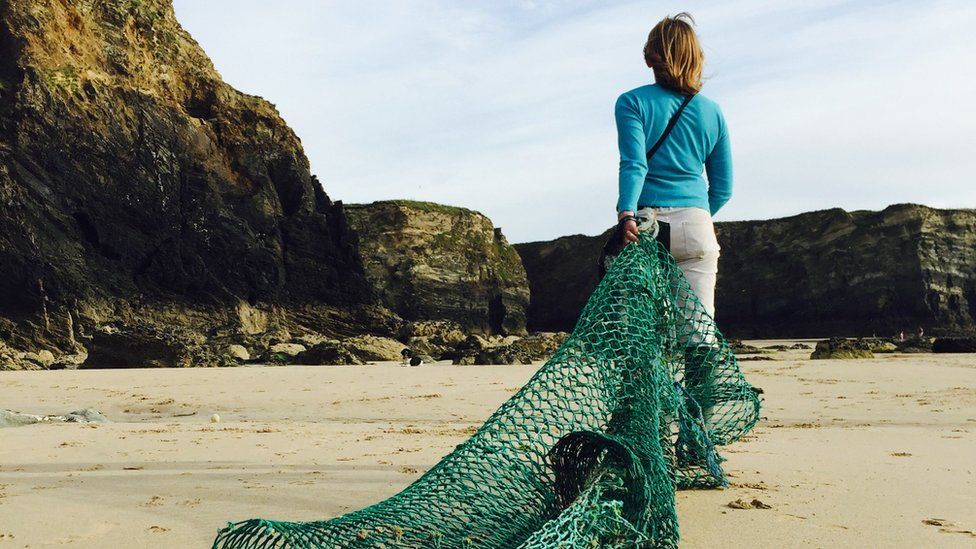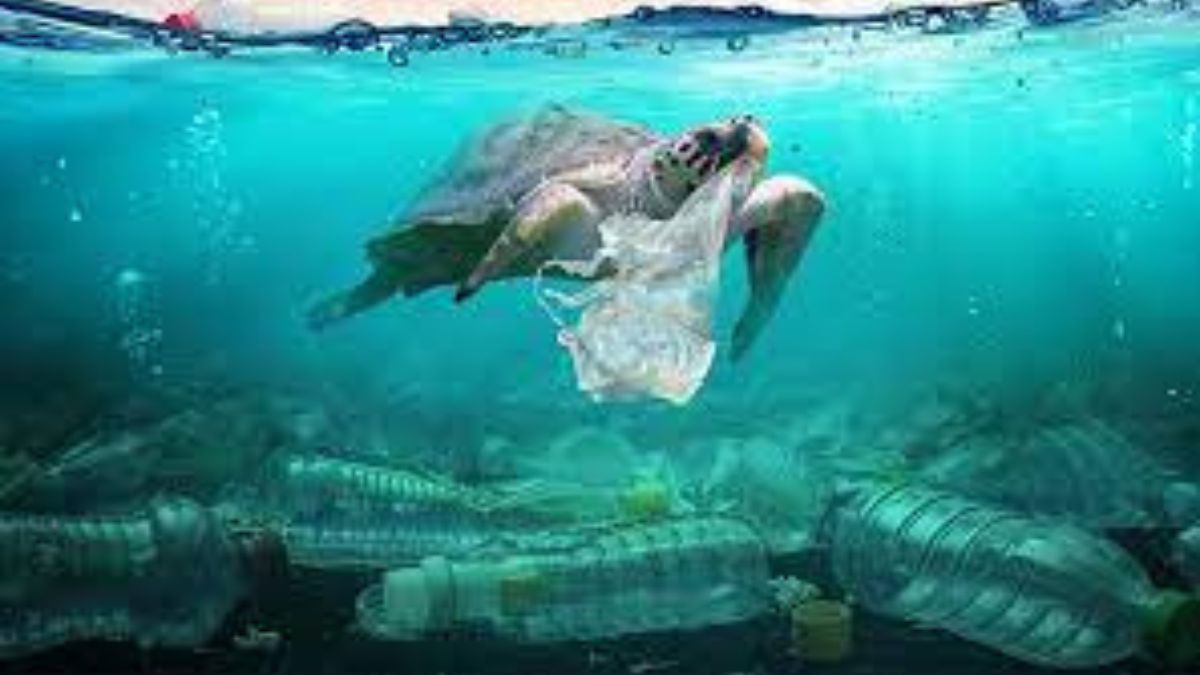This plastic-consuming bacteria might help save the planet
April 17, 2023 By Awanish Kumar

(Image Credit Google)
Image credit : Global Citizen
The problem of plastic pollution is enormous, and it has gotten so severe that scientists have even discovered meltable plastic embedded in rocks on distant Brazilian islands. Our oceans are still being threatened by the accumulation of garbage. A recently found plastic-eating bacteria, however, could be able to repair most of that harm.
The bacteria, Comamonas testosteroni, is a typical form of bacterium that can be found in sewage and soil sludge. Although it might not be very appealing, this bacterium that lives in sludge can consume plastic in its whole. Working with a microbe that eats plastic could aid in the global effort to recycle plastic.
The current situation of how we handle plastics in the globe is quite awful, with over 10 million tons of plastic being dumped into the oceans each year and over 380 million tons being used once and then thrown away. But with a plastic-eating bacteria in our arsenal, researchers could come up with solutions to assist raise the pitiful rate of plastic recycling that it is currently at.
You're not alone if you assumed that recycling plastic involved much more waste than it actually does. Many individuals think that more plastic gets recycled than is actually the case. Only 9% of all plastics are actually recycled, according to Plastic Oceans. That indicates that another 91 percent of plastic is still around, decaying and polluting our environment.
[caption id="attachment_154041" align="aligncenter" width="976"]

Image credit : Fishing nets on a beach : Beach debris hunter (Image credit : BBC)[/caption]
The scientists observed the substance and found that in addition to breaking down plastics, it can also break down the chemicals in laundry detergent. They claim that the bacteria that consumes plastic is drawn to the carbon that these materials decompose into.
Also read :
Apple Aims to Use More Recycled Materials and Batteries by 2025
The research team thinks the bacteria could be an excellent choice for large-scale recycling operations because it has a natural aptitude to break down plastics. In Nature Chemical Biology, the researchers released an article outlining their findings.
By Awanish Kumar
I keep abreast of the latest technological developments to bring you unfiltered information about gadgets.


 Image credit : Fishing nets on a beach : Beach debris hunter (Image credit : BBC)[/caption]
The scientists observed the substance and found that in addition to breaking down plastics, it can also break down the chemicals in laundry detergent. They claim that the bacteria that consumes plastic is drawn to the carbon that these materials decompose into.
Also read : Apple Aims to Use More Recycled Materials and Batteries by 2025
The research team thinks the bacteria could be an excellent choice for large-scale recycling operations because it has a natural aptitude to break down plastics. In Nature Chemical Biology, the researchers released an article outlining their findings.
Image credit : Fishing nets on a beach : Beach debris hunter (Image credit : BBC)[/caption]
The scientists observed the substance and found that in addition to breaking down plastics, it can also break down the chemicals in laundry detergent. They claim that the bacteria that consumes plastic is drawn to the carbon that these materials decompose into.
Also read : Apple Aims to Use More Recycled Materials and Batteries by 2025
The research team thinks the bacteria could be an excellent choice for large-scale recycling operations because it has a natural aptitude to break down plastics. In Nature Chemical Biology, the researchers released an article outlining their findings.






